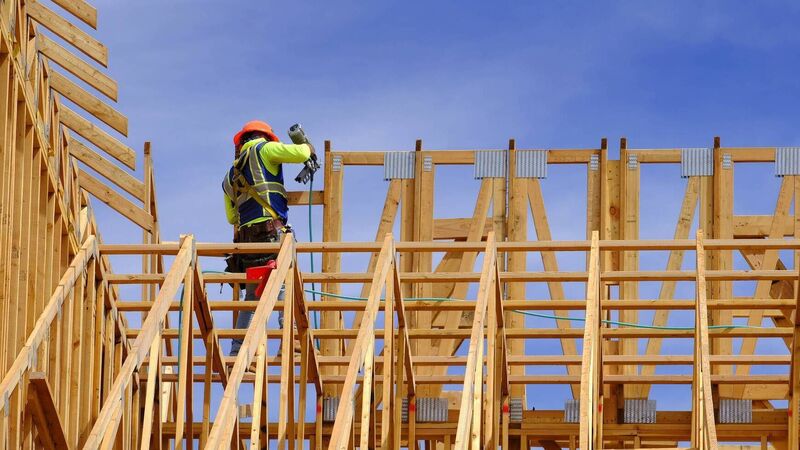Ireland needs simpler work permits to attract global talent, says expert

A simpler, standardised work permit procedure would improve Ireland's ability to attract overseas talent, notably in construction and healthcare, says a leading specialist immigration professional. Picture: iStock
Ireland needs to simplify its work permit application procedures to allow employers attract the overseas talent required to engage with housing, healthcare and other national crises.
So says Ángel Bello Cortés, a solicitor and managing partner in the Dublin office of Fragomen, a firm of specialist immigration professionals that assists a diverse client base comprised of multinational corporations, local and global SMEs, start-ups and private clients.











